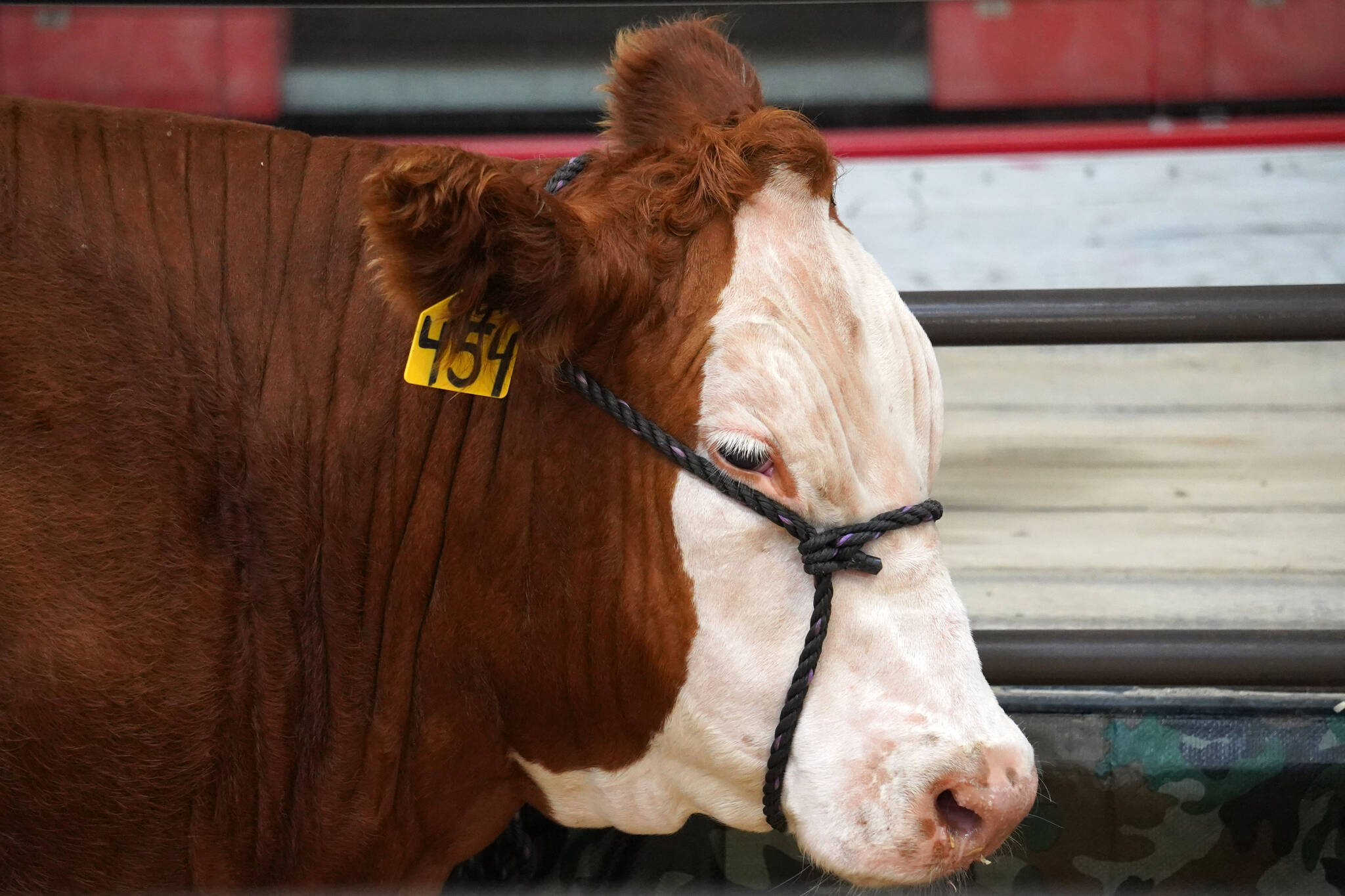A bill that aims to provide municipal property tax relief to Alaska farmers cleared the Senate on Monday, March 18, with unanimous support from lawmakers.
The bill, Senate Bill 161, is sponsored by Nikiski Republican Jesse Bjorkman and changes the way tax breaks and exemptions for Alaska farmers are structured.
The legislation would expand an existing property tax exemption in state law by adding farmland to the property a municipality may partially or fully exempt from property taxes. Under current state law, municipalities may only exempt farm structures from property taxes.
The bill would also allow a municipality to approve such an exemption by ordinance. Existing statute says a municipality must send an ordinance establishing a property tax exemption for farms to voters before that exemption can be offered.
The bill would add farm structures to the types of property that a municipality must tax at a farm-specific rate and clarifies that a farm must produce food for human or livestock to be taxed at that rate. Under existing state law, the rate is only applied to farmland.
To qualify for the property tax exemption and for the farm-specific tax rate, a property owner must make at least $1,000 annually from selling their farm products and report their farm income and expenses via a Schedule F form to the Internal Revenue Service.
While debating the bill Monday, senators considered — and narrowly defeated — an amendment from Palmer Republican Sen. Shelley Hughes, which would have excluded marijuana growers from the types of farm operations eligible for the tax relief described by the bill. The bill, she said, is meant to address food security.
Bjorkman supported the amendment, saying that it was never his intent to provide new tax relief for marijuana farms. There is also other legislation making its way through the Legislature specifically addresses tax reforms for the marijuana industry.
“There is a very extensive marijuana tax bill providing common-sense tax reform to the marijuana industry that we are likely to receive from the other body, hopefully soon so that we can deal with it,” Bjorkman said. “I support those concepts, but what I don’t support in this bill is allowing tax incentives to move forward for marijuana, because that’s not my intention of this bill.”
Multiple senators, though, said a municipality should have the option to offer tax relief to marijuana farms if it wants to.
“I think it is relatively unlikely that communities like Anchorage, for example, will exempt these facilities,” said Anchorage Democrat Sen. Forrest Dunbar. “I’ll say for those who argue this is about food security, we’ve already in this optional section exempted other non-food crops. I think it is not wise to single out this one to remove local control.”
Senators voted 10-9 against the amendment. Sen. Lyman Hoffman, D-Bethel, was not present for the vote.
Juneau Democrat Sen. Jesse Kiehl successfully amended the bill to include mariculture, which refers to shellfish and kelp farming or aquaculture in marine environments, to the types of farming operations eligible for the tax relief described by the bill. The amendment passed unanimously.
Hughes said the bill is an important step toward putting additional money in the hands of farmers trying to grow their operation that they might otherwise be paying in taxes.
“It will provide a little capital for expanding what a farmer might be doing to purchase that equipment that might make his or her work more efficient,” she said. “These are the small steps — removing barriers for agriculture that will help diversify our economy just a little bit more (and) will allow a little bit more food independence and also let our farmers know that we appreciate them.”
Agriculture is recognized by the Kenai Peninsula Economic Development District as a growing industry on the Kenai Peninsula. The organization, citing the U.S. Department of Agriculture’s 2017 Census of Agriculture, reports that the number of farms on the Kenai Peninsula grew by 60% between 2012 and 2017.
The same report found that the market value of agricultural products sold by Kenai Peninsula farms was, on average, about $21,000. Total sales across the 260 farms observed in 2017 totaled about $5.4 million.
Speaking on the Senate floor, Bjorkman said the bill comes from Alaska’s Food Strategy Task Force, which he serves on, and will help small-scale farms grow into larger operations by providing more financial relief.
“That’s one key point of the bill that is essential to move forward — is to allow those farms to start small and to have those incentives to start small and then allow them to grow so they can produce Alaskan-grown food for all,” he said.
The bill is now up for consideration in the House, where it has been referred to the Community and Regional Affairs Committee.
Reach reporter Ashlyn O’Hara at ashlyn.ohara@peninsulaclarion.com.


